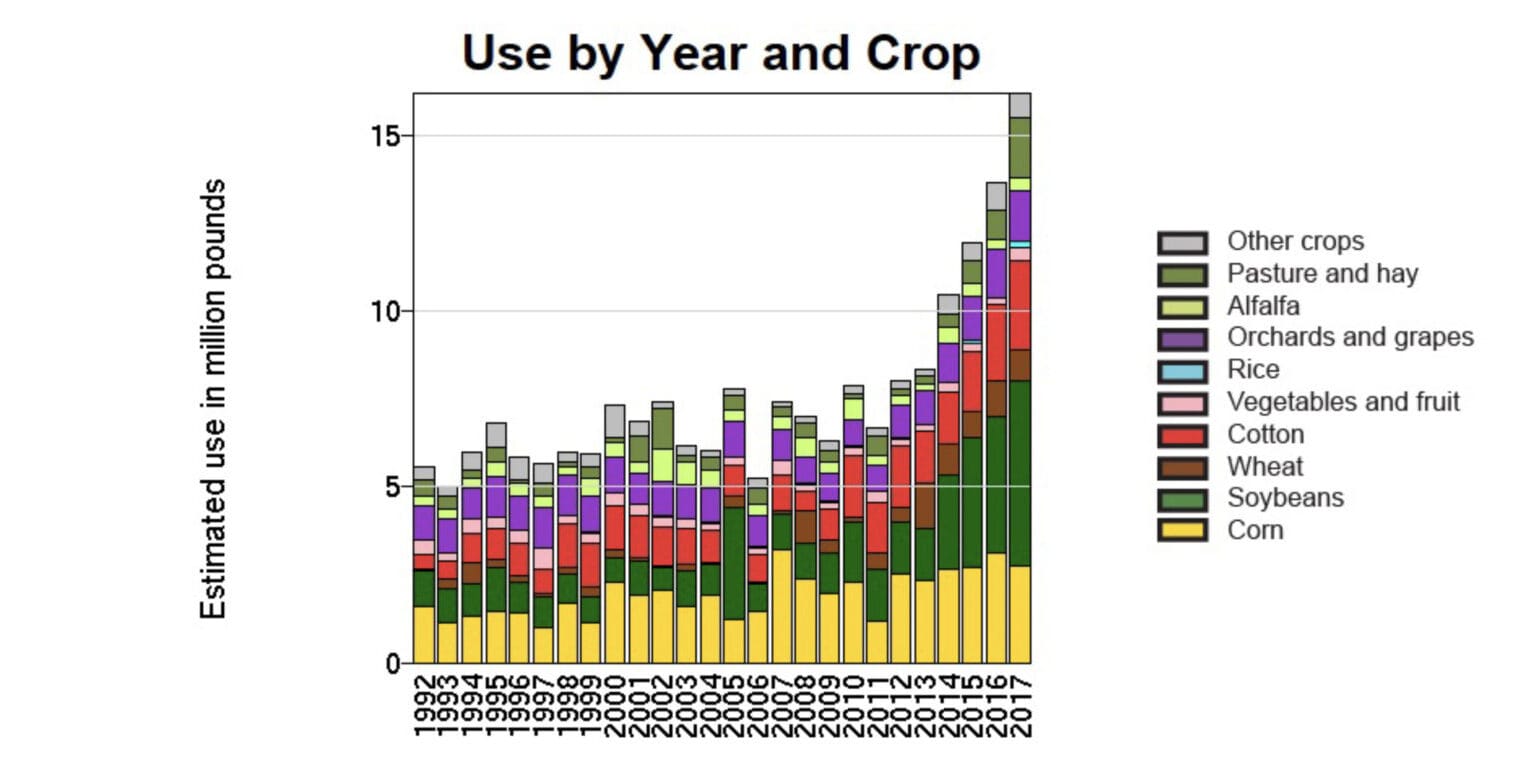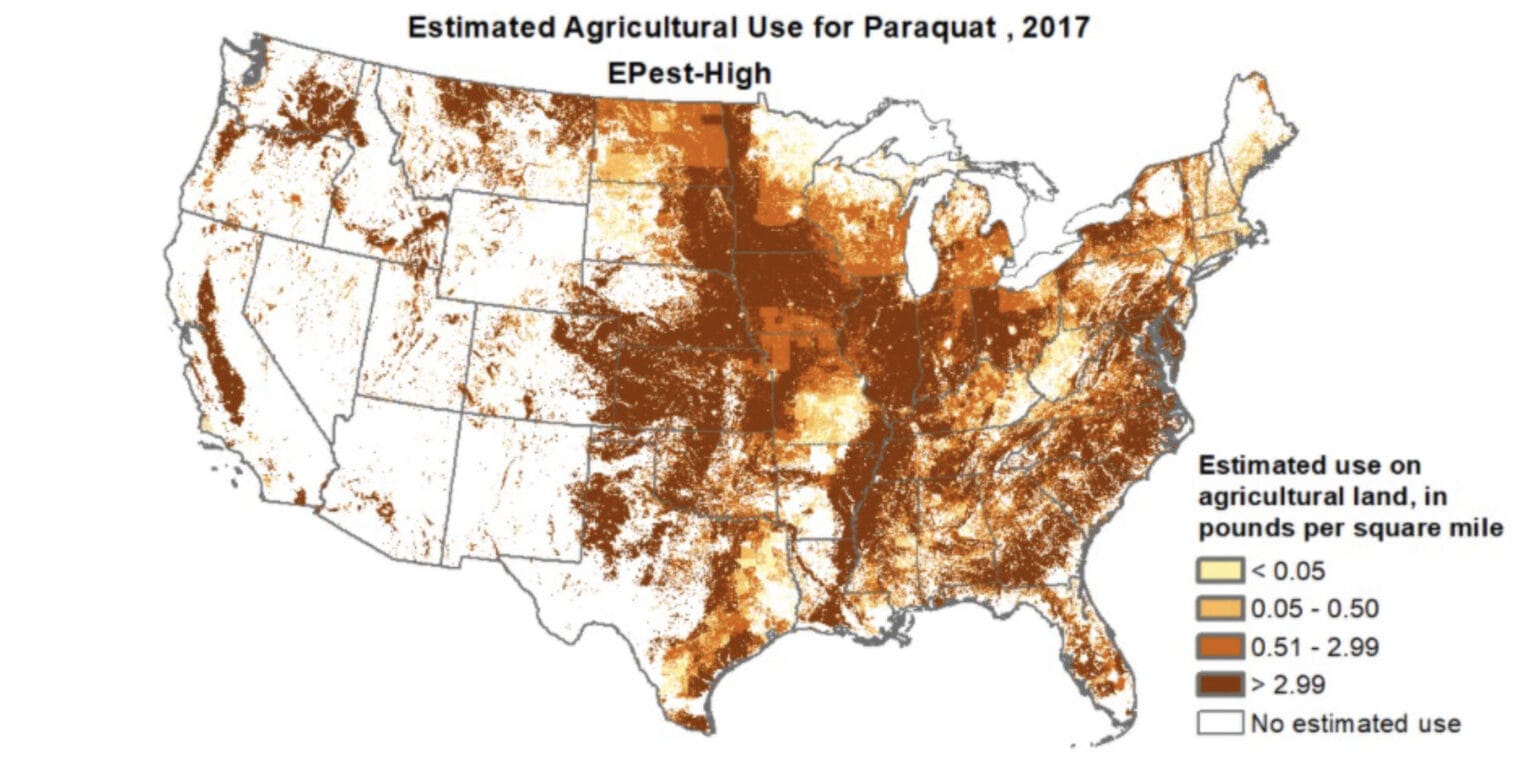If you were exposed to the herbicide weed killer Paraquat and have now been diagnosed with Parkinson’s Disease, please contact our Birmingham personal injury lawyers today. Our law firm represents those who have been affected by this dangerous herbicide chemical. We are here to help you and your family by recovering the financial compensation for your illness that impacted your life.
The individuals most at risk for paraquat exposure are agricultural workers, groundskeepers, gardeners, farmers, and others who work in areas in which paraquat is sprayed. This includes all certified applicators and individuals who work with paraquat under the supervision of a certified applicator.
Because it is applied as a spray, it can be easily inhaled in small amounts, even by certified applicators. It can also be absorbed through tiny cuts in the skin. Many people do not know just how dangerous it is—only a tiny amount of paraquat can cause oxidative stress, the chemical process behind Parkinson’s and other diseases.

If you belong to one of the at-risk groups mentioned above, make sure to watch out for signs and symptoms of paraquat exposure.
Signs that paraquat may have caused Parkinson’s disease include:
In Alabama, lawsuits have been filed claiming harm from exposure to the Paraquat herbicide. The weed killer is applied by spraying vehicles such as tractors, airplanes or helicopters. The filed lawsuits allege that long-term exposure to Paraquat causes Parkinson’s disease in agricultural workers as well as residents who live near fields where the chemical is applied.
The legal claims have been filed against Chevron U.S.A., Syngenta, and other companies. Since 1964, these companies have been responsible for the manufacturing, distributing, marketing, licensing, and selling in Alabama and other states. Through the lawsuit allegations, the companies are liable for the following causes of actions:

A Paraquat lawsuit can aid you or your loved one by recovering compensation for the injuries and financial damages you have suffered. Depending upon your circumstances, this can include:
We understand that Parkinson’s Disease typically comes with significant lifetime costs, especially if the patient’s diagnosis comes at an early stage in life. At DeGaris Law, our law firm holds manufacturers and corporations accountable for the damages caused by dangerous chemicals like Paraquat. Filing a civil lawsuit is the first step in helping you and your family.
If you or a loved one has been diagnosed with Parkinson’s Disease or is experiencing symptoms of Parkinson’s after exposure to Paraquat, contact DeGaris Law today for a free consultation.
"*" indicates required fields